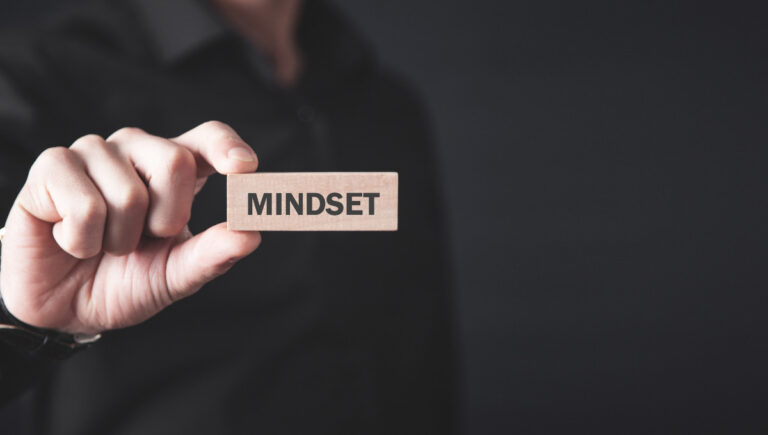Mastering Self-Confidence: A Step-by-Step Guide
Do you ever feel like your lack of self-confidence is holding you back from reaching your full potential? Well, you’re not alone. In fact, studies show that over 85% of people struggle with self-doubt at some point in their lives.
But here’s the good news: you have the power to change that.
In this step-by-step guide, we will walk you through practical strategies to help you master self-confidence and unlock the doors to a more fulfilling and successful life.
Key Takeaways
- Building resilience is crucial for personal and professional growth.
- Challenge negative thoughts triggering self-doubt and separate fact from fiction.
- Cultivating a positive mindset through positive affirmations and visualization techniques.
- Developing effective communication skills enhances self-confidence and fosters meaningful connections.
Understanding the Importance of Self-Confidence
Understanding the importance of self-confidence is crucial for your personal and professional growth. Building resilience and boosting motivation are key aspects that contribute to your overall self-confidence.
Resilience is the ability to bounce back from setbacks and challenges, and it’s a skill that can be developed. By building resilience, you learn to view obstacles as opportunities for growth and develop the confidence to face them head-on. Remember, every failure is a stepping stone towards success.
Motivation plays a vital role in maintaining and enhancing self-confidence. When you’re motivated, you’re driven to achieve your goals and overcome obstacles. Surround yourself with positive influences, set realistic goals, and celebrate your achievements along the way.
Identifying and Overcoming Self-Doubt
To overcome self-doubt, start by acknowledging and challenging your negative thoughts. It’s natural to have moments of uncertainty and question your abilities, but it’s important to remember that self-doubt is just a feeling, not a reflection of your true capabilities.
Take a step back and analyze the thoughts that trigger your self-doubt. Are they based on facts or just assumptions? Separate fact from fiction and challenge the negative beliefs that hold you back.
Remind yourself of past accomplishments and successes to boost your confidence. Building self-belief takes time and effort, but with practice, you can overcome self-doubt and cultivate a stronger sense of confidence in yourself and your abilities.
Cultivating a Positive Mindset
To cultivate a positive mindset, challenge your negative thoughts and replace them with affirmations that reinforce your self-confidence. It’s easy to get caught up in self-doubt and negativity, but by consciously shifting your thoughts, you can create a more positive outlook on life.
Positive affirmations are powerful tools that can help you rewire your thinking patterns. Repeat statements like “I am confident and capable” or “I believe in myself” to counteract negative self-talk.
Visualization techniques are also effective in cultivating a positive mindset. Close your eyes and imagine yourself succeeding, achieving your goals, and feeling confident. Visualize the positive outcomes you desire, and let those images inspire and motivate you.
With practice, you can train your mind to focus on the positive, boosting your self-confidence and creating a more fulfilling life.
Developing Effective Communication Skills
Now, let’s delve into the important skill of effectively communicating with others, which will greatly enhance your self-confidence.
Developing effective communication skills is crucial for fostering meaningful connections and building strong relationships. One key aspect is active listening, which involves fully engaging with the speaker, paying attention to their words, and understanding their perspective. By actively listening, you show respect and empathy, making the other person feel valued.
Additionally, assertive communication is vital in expressing your thoughts and needs confidently, without being overly passive or aggressive. It allows you to communicate your boundaries, opinions, and ideas effectively, leading to more positive and productive interactions.
Embracing Failure as a Learning Opportunity
Embracing failure as a learning opportunity will empower you to grow and improve your self-confidence. It’s important to understand that setbacks are a natural part of life’s journey, and they provide valuable lessons that can shape your future success. By reframing failure as a chance to learn and grow, you can build resilience and develop a positive mindset.
Here are three key ways to embrace failure as a learning opportunity:
- Shift your perspective: Instead of dwelling on your mistakes, view them as stepping stones towards personal growth. Recognize that failures aren’t indicative of your worth, but rather opportunities to gain new insights and skills.
- Learn from your mistakes: Take the time to reflect on what went wrong and identify the lessons you can learn from the experience. Use this knowledge to make adjustments and improve your approach in the future.
- Focus on resilience: Develop a mindset that embraces challenges and setbacks as opportunities for growth. Cultivate resilience by acknowledging your emotions, seeking support from others, and staying motivated despite setbacks.
Final Thoughts
You’ve made it to the end! You have now mastered the art of self-confidence. It’s amazing how embracing failure and cultivating a positive mindset can lead to incredible growth.
Remember, self-doubt may creep in from time to time, but now you have the tools to overcome it. Keep developing your communication skills and never stop learning.







